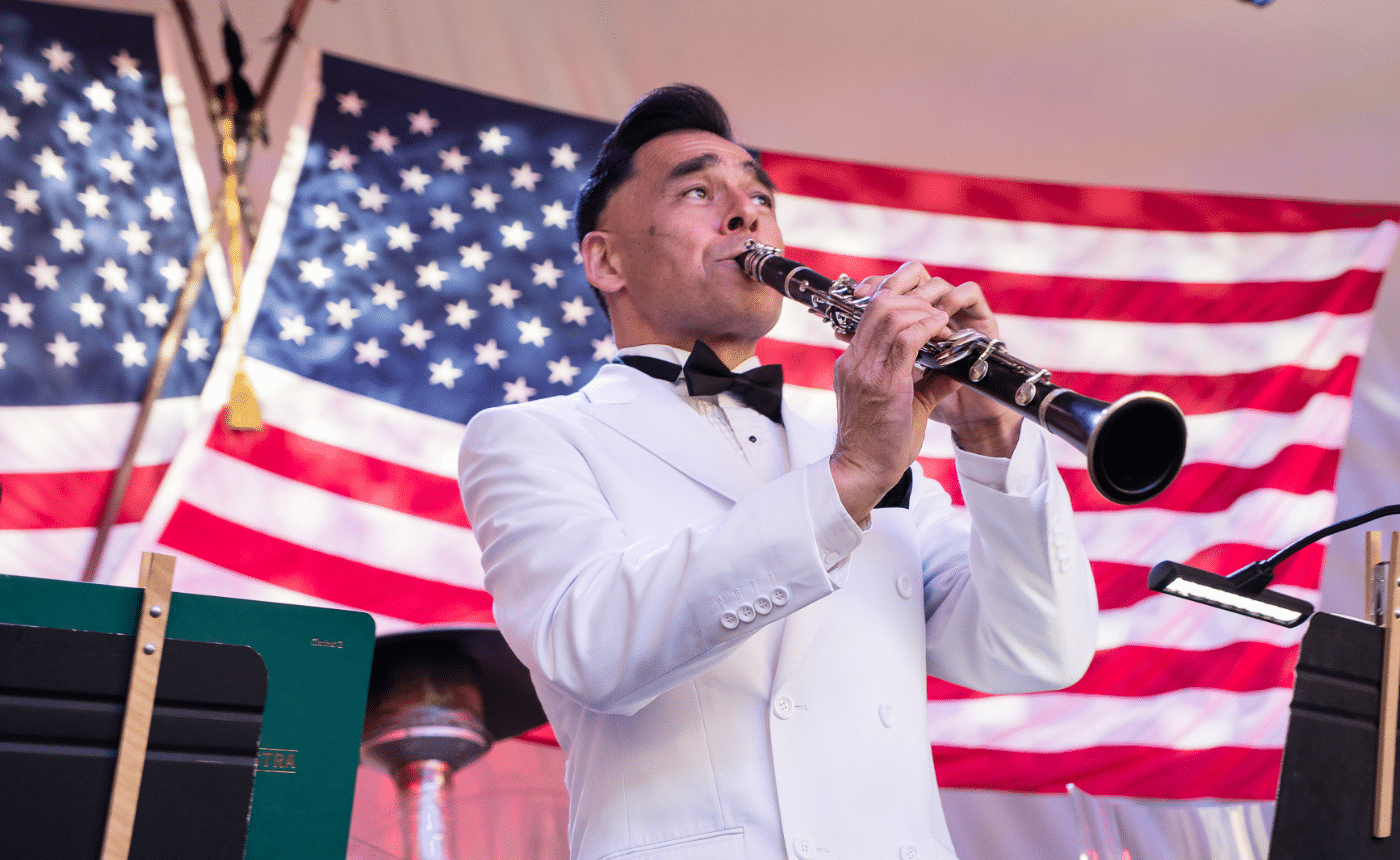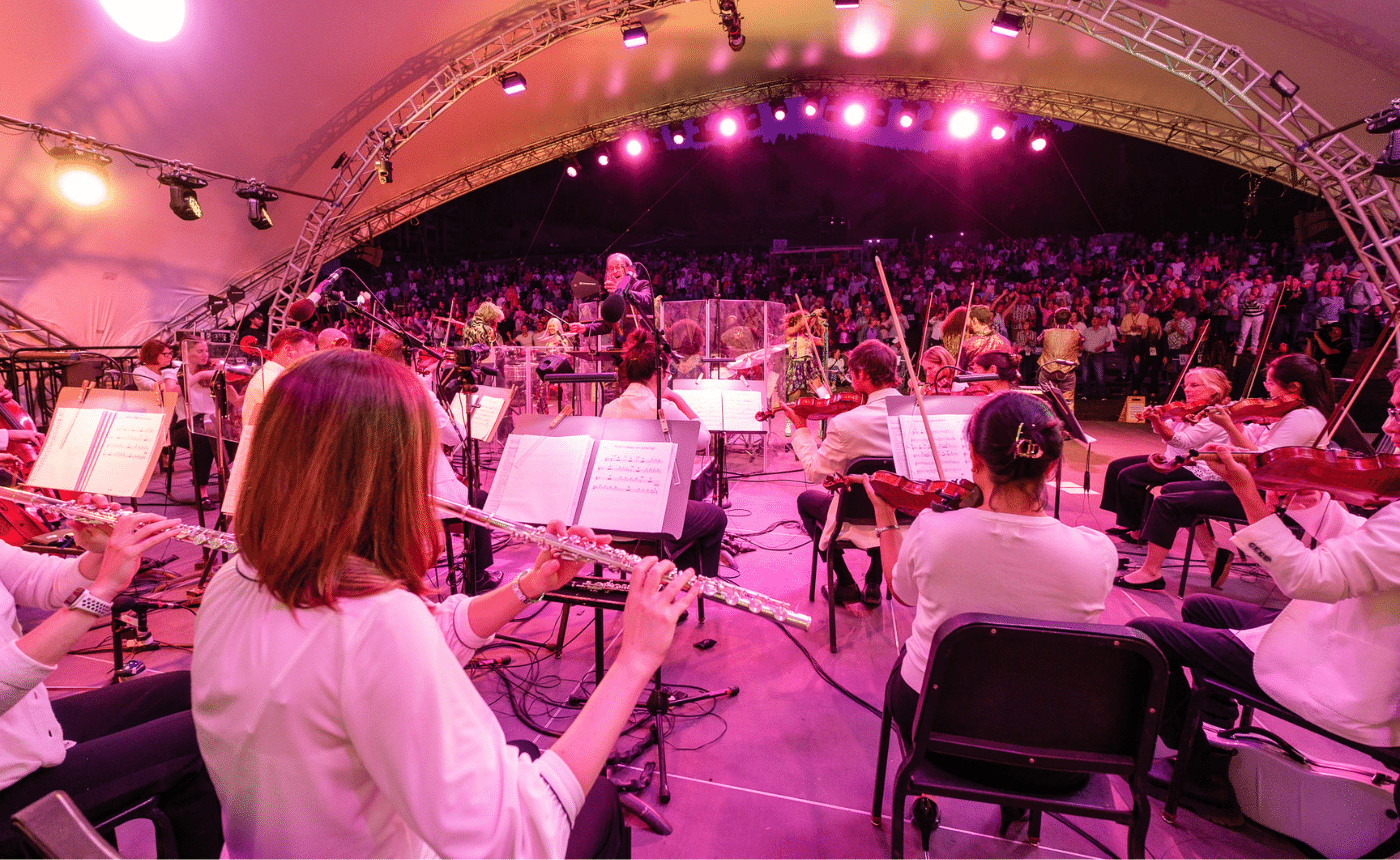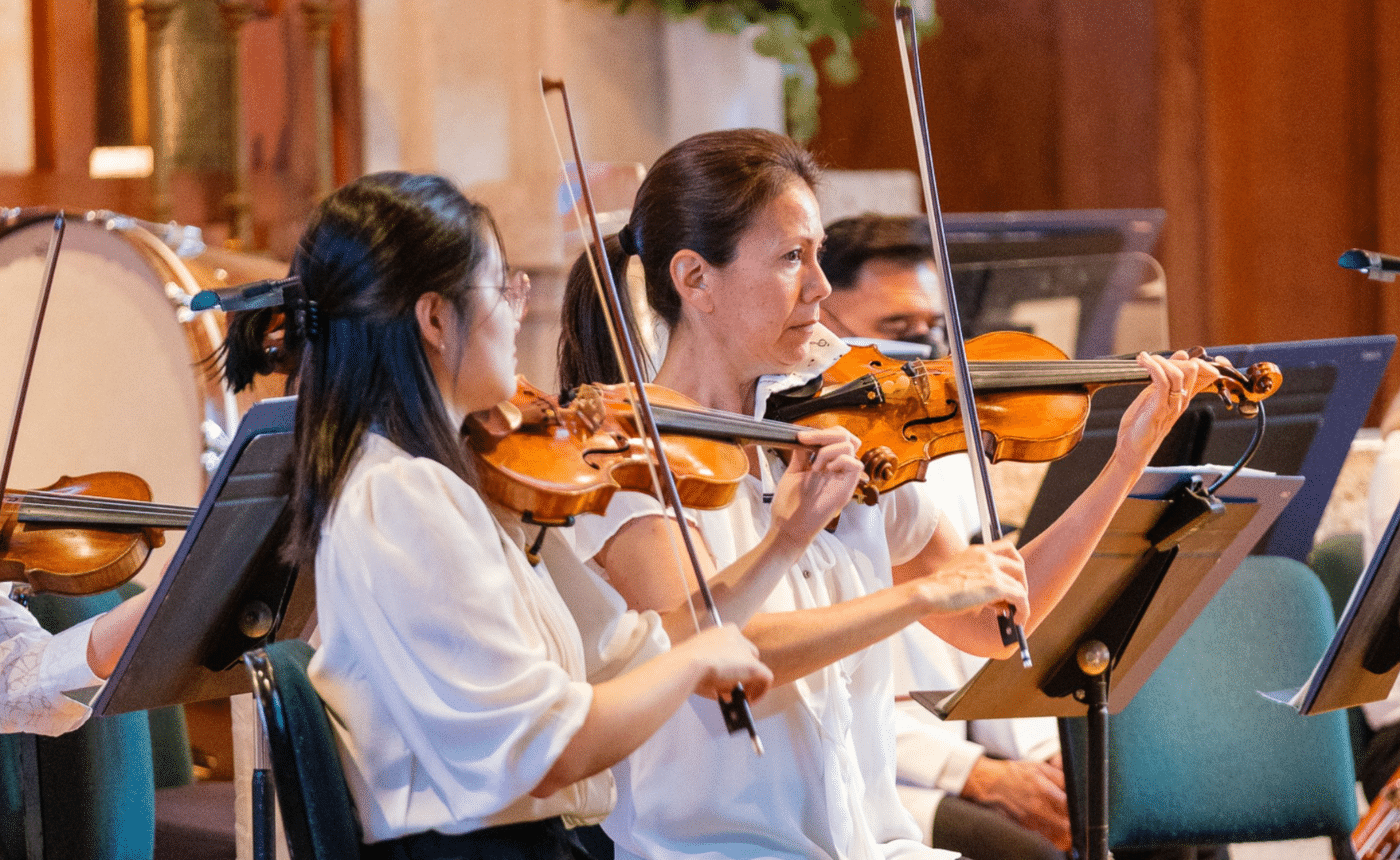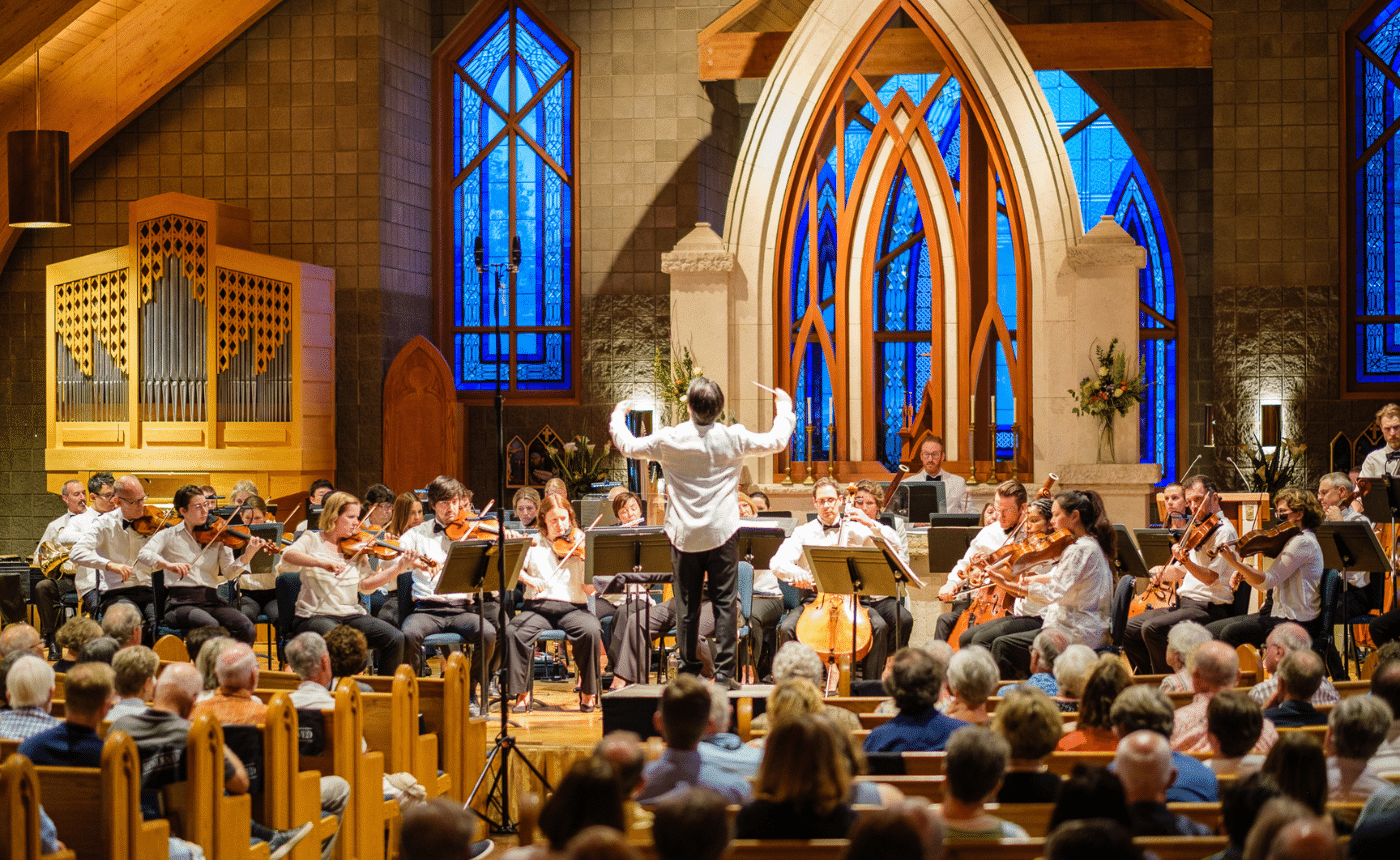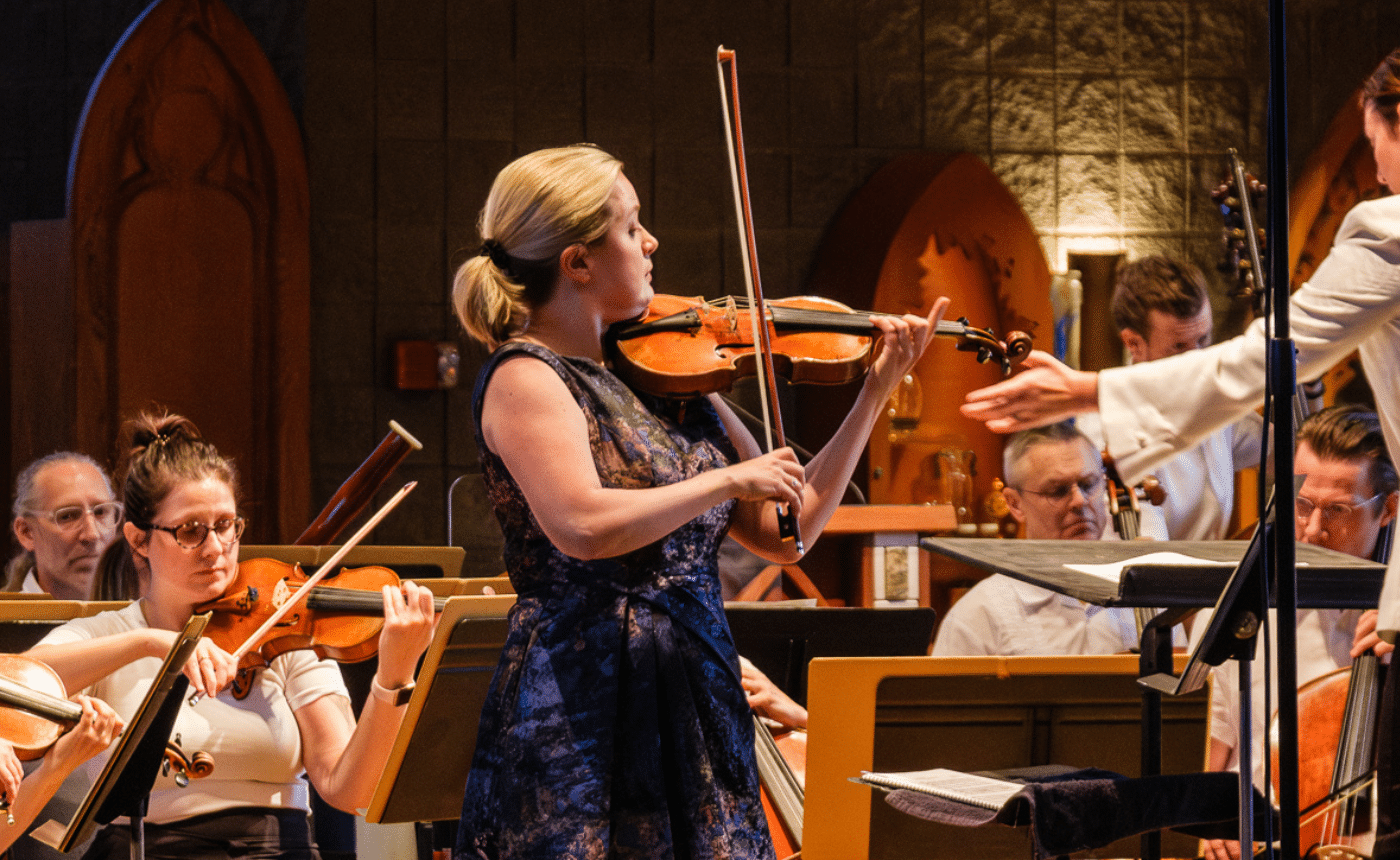Beethoven's Ninth – Ode to Joy
This is a reprint of a blog post from a couple of years ago about Beethoven’s Ode to Joy. Was it really an ode to a life of joy or trials, turbulence and torn love that inspired a final Ode as Beethoven ended his career writing his 9th and final symphony?
From the beginning of his life, Ludwig van Beethoven was destined for one full of fame, fortune and friction. Named after his grandfather, a musician of the Roman Catholic Flemish Court, and one of three survivors of the seven children his parents bore, Ludwig van Beethoven was destined to carry the musical weight passed through generations of his family. In addition to his grandfather’s legacy, his own father was a tenor in the Electoral court and his first music teacher.
Beethoven studied as a young man with famous pianists such as Haydn, gaining a quick reputation as a virtuoso pianist in his early teens. Studying abroad, Beethoven quickly returned home as his mother passed on and he raised his siblings while his father battled being an alcoholic.
Even as his name began to grow among Europeans and his talents were esteemed, his health began fading. Beethoven’s hearing gradually began deteriorating from a ringing in his ears to almost complete deafness as he continued to compose masterpieces, conduct, and perform. His encroaching deafness led him to contemplate suicide, and it is now rumored that he also battled bipolar disease. There is also speculation that he suffered from irritability brought on by chronic abdominal pain beginning in his 20’s attributed to lead poisoning that later resulted in his death.
Beethoven never married, but he was engaged to Giulietta Guiccardi, whose father was made thwarter of the lovers, and she joined in marriage to a noble man. Nevertheless, he had a close and devoted circle of friends all his life, thought to have been attracted by his reputed strength of personality. Towards the end of his life, Beethoven’s friends competed in their efforts to help him cope with his incapacities.
Completed in 1824, the Symphony No. 9 in D minor, Op. 125 “Choral” was the last complete symphony composed by Ludwig van Beethoven. It incorporated part of An die Freude (”Ode to Joy”), a poem by Friedrich Schiller written in 1785.
In the first performance of Symphony No. 9 in D minor, Beethoven pounded out the beats he couldn’t hear (his hearing now completely gone). According to one witness, “the public received the musical hero with the utmost respect and sympathy, listened to his wonderful, gigantic creations with the most absorbed attention and broke out in jubilant applause, often during sections, and repeatedly at the end of them.” Beethoven was given five standing ovations – people waved handkerchiefs in the air and raised their hands and hats so Beethoven, who was now deaf, could see the response. Never before had the theater seen such an enthusiastic response from the audience. In the end, he truly conducted an “Ode to Joy,” which may be a tribute to his life. Though it was hard, frustrating, and sometimes overwhelming, his was a fulfilled life that would be celebrated, at least nightly, somewhere around the world to this day.




